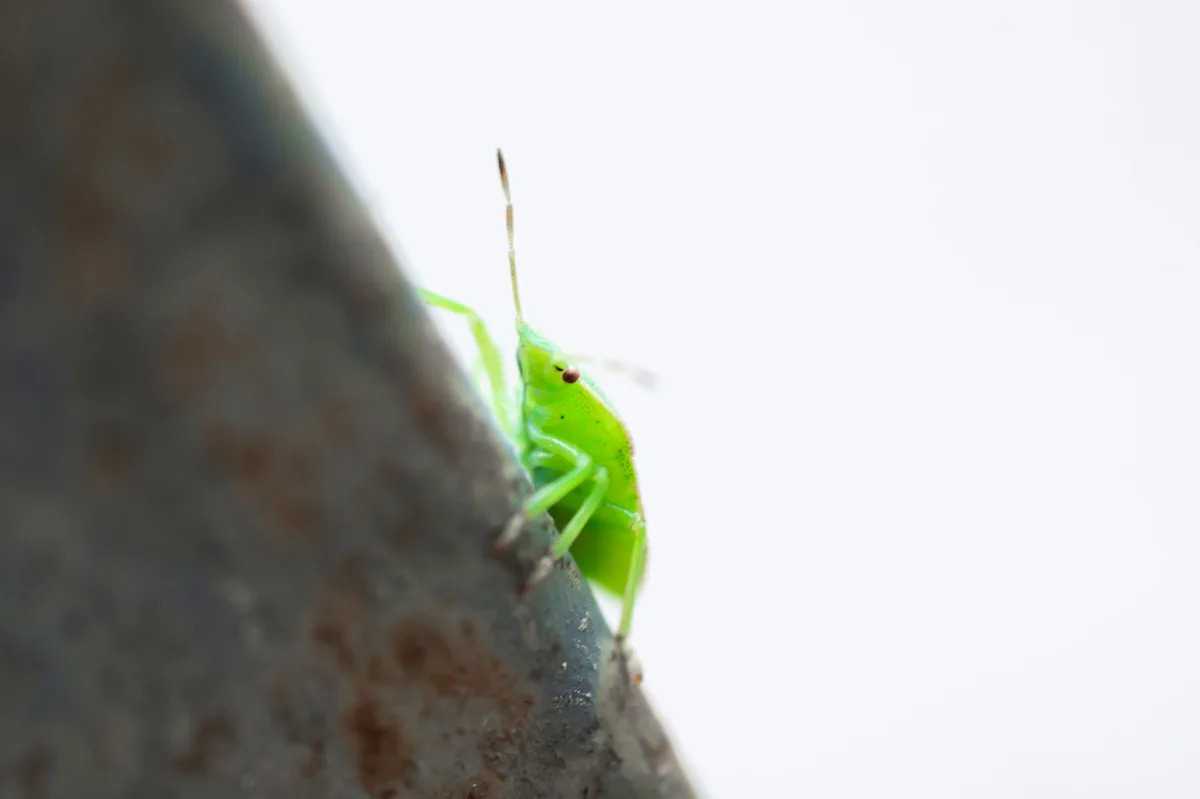Researchers have unveiled a powerful new tool that could revolutionize the study of insects and their place in the world’s ecosystems. The technology allows scientists to measure heartbeats and other data using videos taken on smartphones and posted online, according to a study published in the Archives of Insect Biochemistry and Physiology.
The new methods allow researchers to observe insect behavior and physiology without resorting to the usual invasive methods. This is better for the insects and allows for more accurate data collection.
“Insects are vital to our ecosystems, and understanding their physiological responses to environmental change is essential,” said Danyi Wang, a Ph.D. candidate at the University of South Australia and one of the study’s two co-authors, per Technology Networks. “Existing methods to measure insects’ vital signs are invasive, however. Our method preserves natural behavior while providing accurate insights into their heart activity.”
The advancements also have the potential to open up a treasure trove of new data in the form of millions of videos posted to social media.
With the technology able to analyze video taken from everyday smartphones, researchers could tap into networks of thousands, if not millions, of citizen scientists to aid in data collection.
“With more refinement, this could become a cost effective and valuable tool in the ecological research toolkit,” said Wang, according to Technology Networks. “It gives us the ability to listen to the hearts of the smallest creatures without harming them.”
Watch now: Does clean energy really cause blackouts?
Insects play a vital role in maintaining food supplies and economies around the world. Insects pollinate crops, make soil better for plants, and filter water supplies, according to World Wildlife Magazine.
Contrary to popular belief, of the more than one million identified insect species, only 0.5% damage crops. In fact, insect species like ground beetles actually increase crop yields by eating pests and weeds.
Insects also keep populations of disease-carrying mosquitoes in check, with some dragonflies consuming over 100 mosquitoes per day, per World Wildlife Magazine.
Despite the vital role insects play in maintaining life on Earth, some experts have projected that, if current trends continue, as many as 40% of insect species will go extinct by the end of this century.
Technological breakthroughs — like the one announced by Ph.D. candidate Wang and her supervisor and co-author Javaan Chahl — will allow researchers to better understand how insects are responding to environmental stressors like habitat loss and the changing climate.
It will also allow experts to better formulate strategies to help maintain key insect populations, all without harming the insects or altering their natural behavior.
“What’s exciting is that this was all achieved without attaching sensors or disturbing the insects in any way,” said Chahl, the study’s lead author, according to Technology Networks.
While the potential for citizen scientists to pitch in on data collection by simply using their smartphones is exciting, there are already plenty of things that can be done to help pollinators and other insects right in your own backyard.
For example, planting a native garden or rewilding your yard can lower your water bill while also providing vital food and shelter for local insects, small mammals, and birds.
Join our free newsletter for weekly updates on the latest innovations improving our lives and shaping our future, and don’t miss this cool list of easy ways to help yourself while helping the planet.
